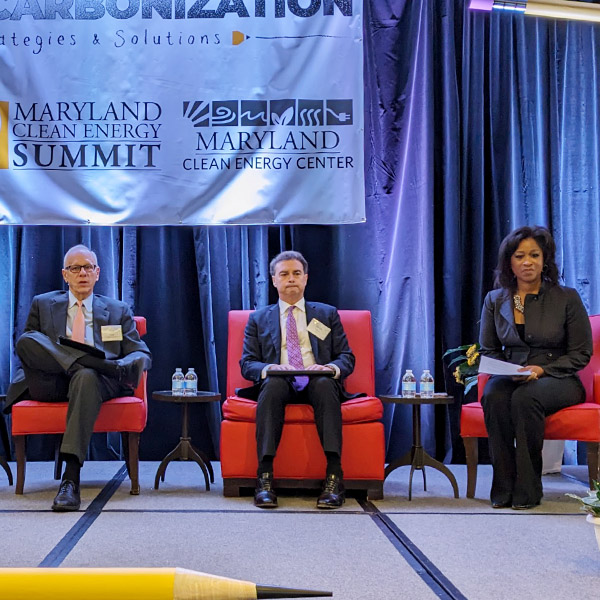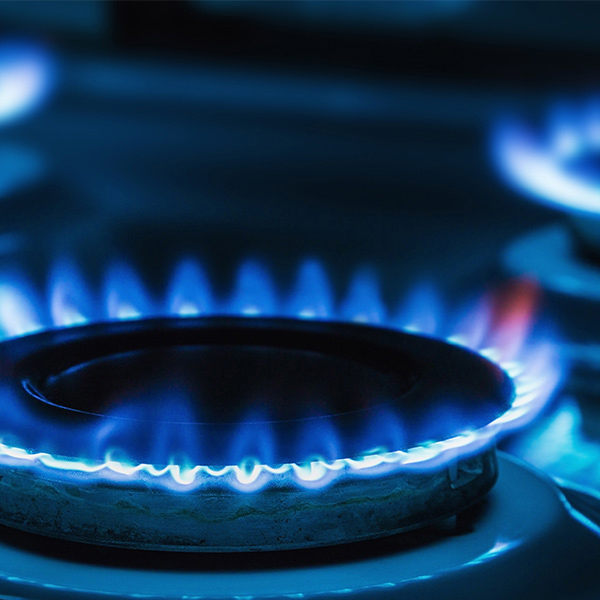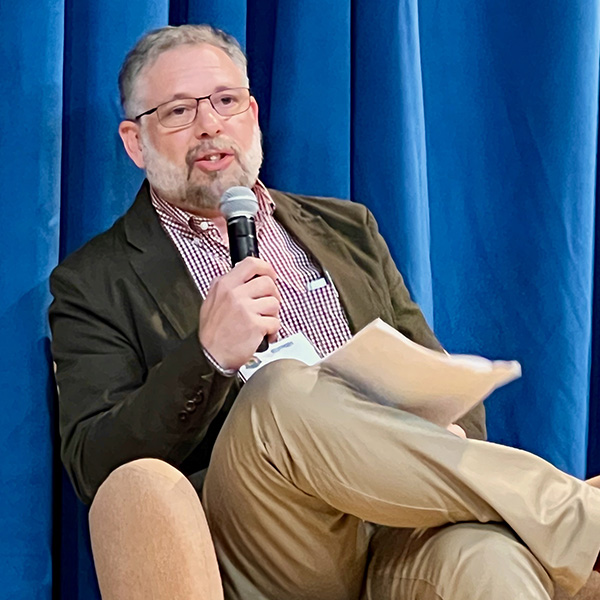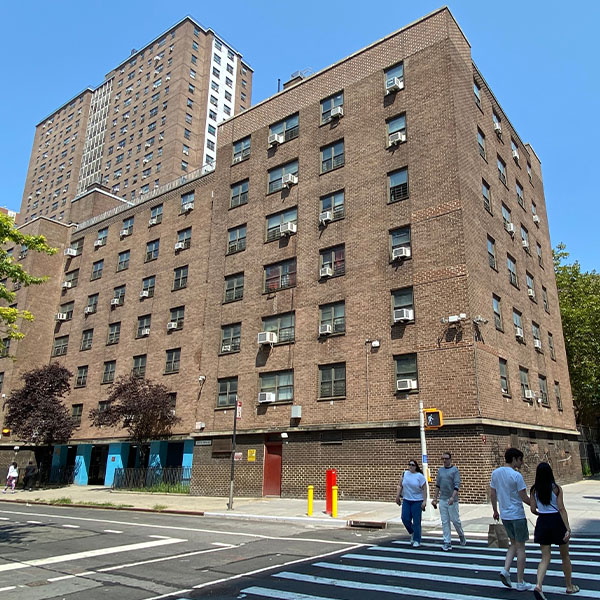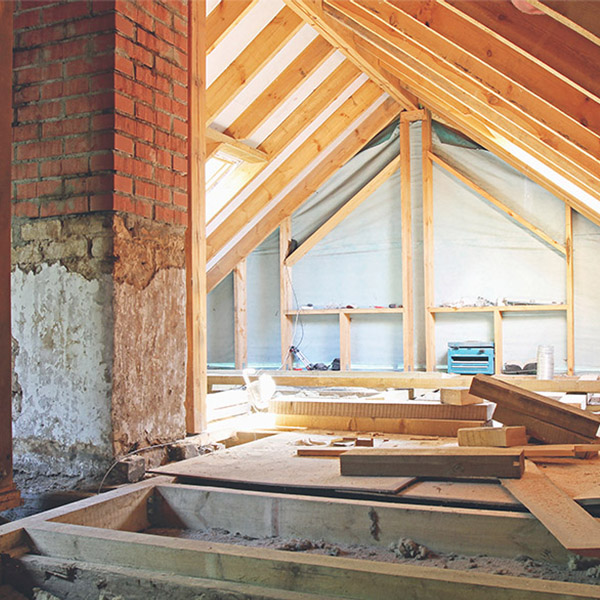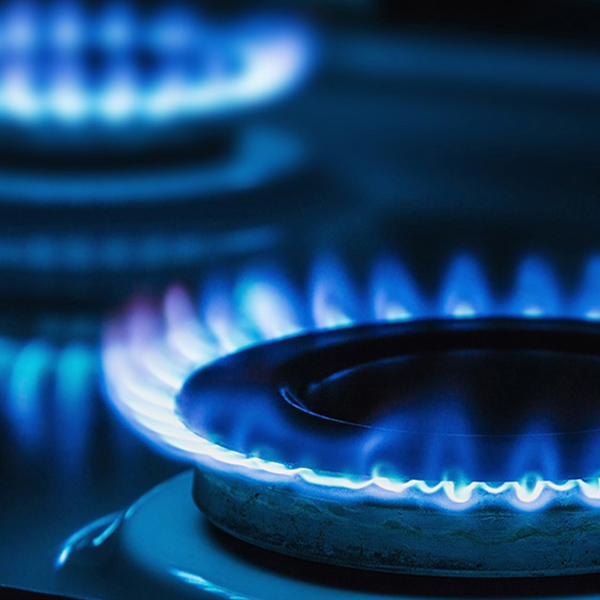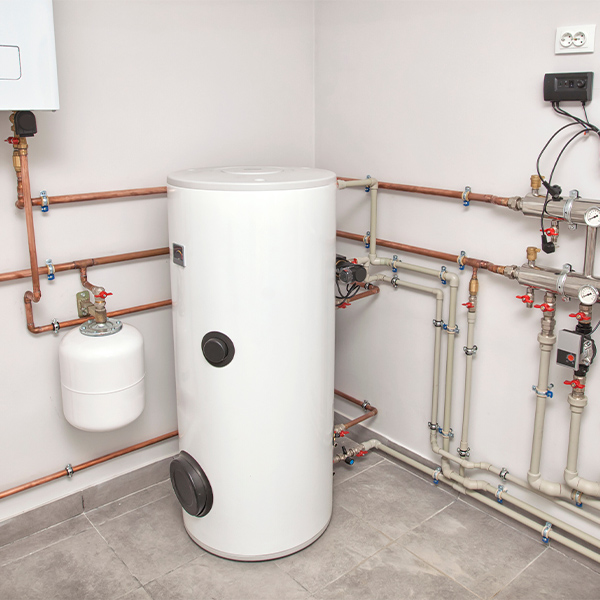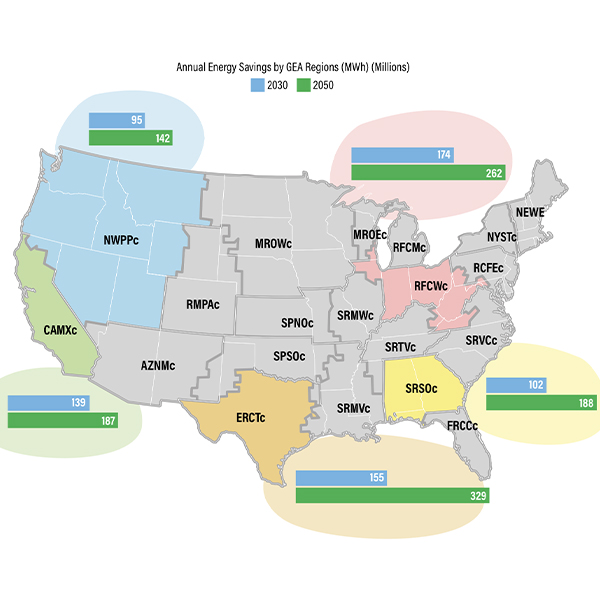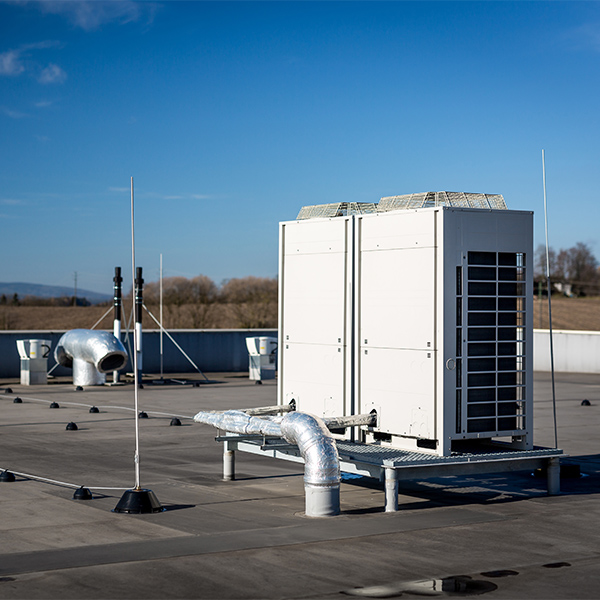Water Heating
As Maryland works toward some of the most ambitious emission reduction goals in the nation, PJM has warned that the 2025 closure of coal plants in the state could lead to rolling blackouts.
The suit says New York's ban is preempted by federal law, seeking to apply the precedent from the Ninth Circuit's decision overturning Berkeley Calif.'s ban.
To decarbonize homes in low-income communities, agencies need to remove administrative barriers, consider all types of housing and prepare for a hotter world, experts said.
A year after New York ordered seven utilities to plan a series of thermal energy network pilot projects, none of the proposals is ready for regulatory consideration.
North Carolina regulators approved two on-bill-financed residential energy efficiency programs for Duke Energy.
DOE treads carefully on hot-button issue of home electrification, saying rebate programs do not ban or restrict use of other technologies.
New Jersey is tackling the contentious issue of how to dramatically reduce the use of natural gas and promote alternatives in pursuit of cutting carbon emissions.
The Department of Energy is proposing efficiency standards it says will save Americans billions on the operation of their water heaters and eliminate millions of tons of carbon emissions.
ACEEE released a report arguing that efficiency would have major benefits in deep decarbonization scenarios by avoiding the need for balancing resources and minimizing costs to vulnerable consumers.
The New Jersey Board of Public Utilities has released a $50 million-a-year, three-year plan to cut building carbon emissions by prioritizing a shift from delivered fossil fuels to electric heat pumps.
Want more? Advanced Search
